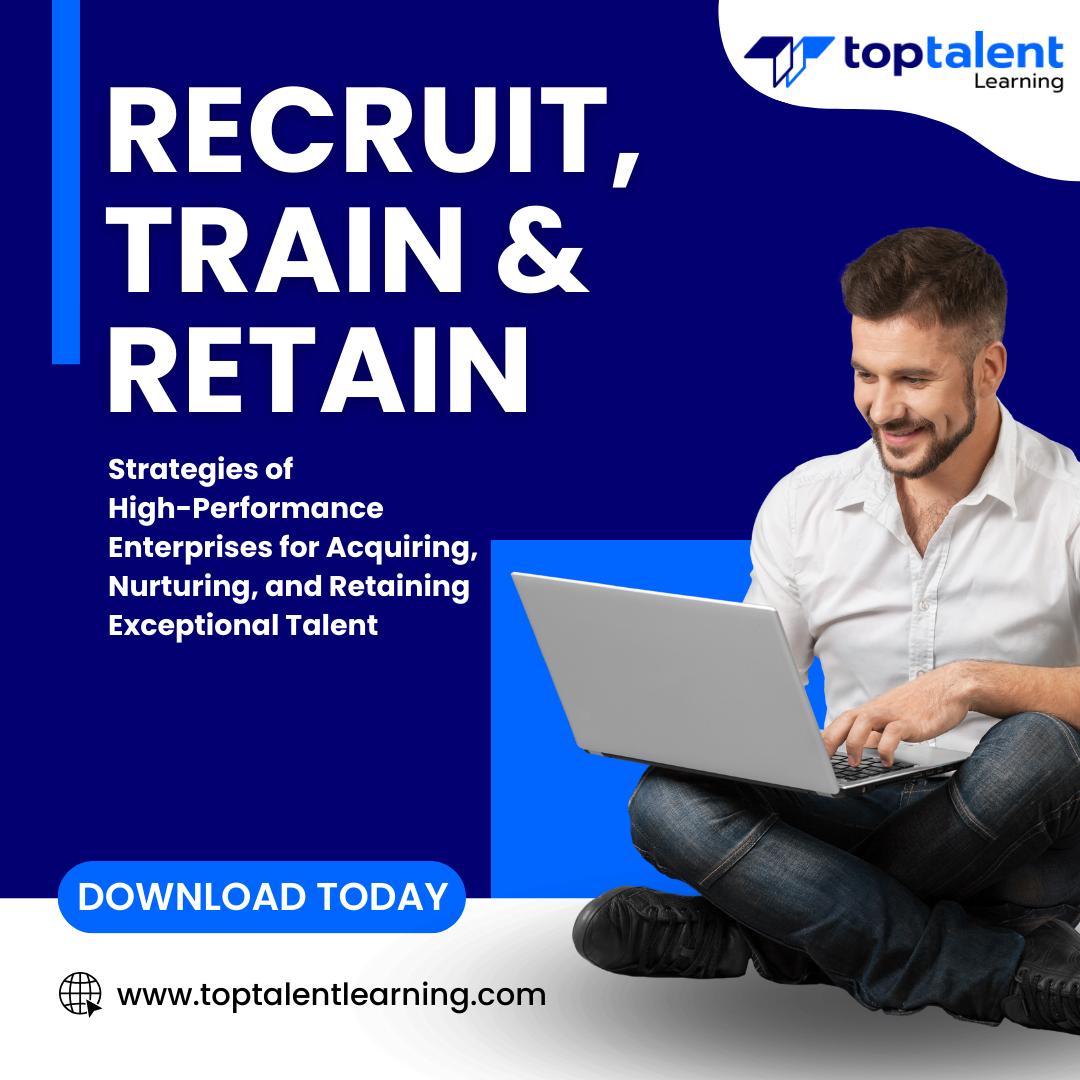This course teaches developers how to create end-to-end solutions in Microsoft Azure. Students will learn how to implement Azure compute solutions, create Azure Functions, implement and manage web apps, develop solutions utilizing Azure storage, implement authentication and authorization, and secure their solutions by using KeyVault and Managed Identities. Students will also learn how to connect to and consume Azure services and third-party services, and include event- and message-based models in their solutions. The course also covers monitoring, troubleshooting, and optimizing Azure solutions.
- Price: $2,975.00
- Duration: 1 day
- Delivery Methods: Virtual
| Date | Time | Price | Option |
|---|---|---|---|
| 12/02/2024 | 10:00 AM - 06:00 PM CT | $2,975.00 | |
| 12/16/2024 | 10:00 AM - 06:00 PM CT | $2,975.00 | |
| 01/13/2025 | 09:00 AM - 05:00 PM CT | $2,975.00 | |
| 03/10/2025 | 09:00 AM - 05:00 PM CT | $2,975.00 |
1 – Explore Azure App Service
- Examine Azure App Service
- Examine Azure App Service plans
- Deploy to App Service
- Explore authentication and authorization in App Service
- Discover App Service networking features
2 – Configure web app settings
- Configure application settings
- Configure general settings
- Configure path mappings
- Enable diagnostic logging
- Configure security certificates
3 – Scale apps in Azure App Service
- Examine autoscale factors
- Identify autoscale factors
- Enable autoscale in App Service
- Explore autoscale best practices
4 – Explore Azure App Service deployment slots
- Explore staging environments
- Examine slot swapping
- Swap deployment slots
- Route traffic in App Service
5 – Explore Azure Functions
- Discover Azure Functions
- Compare Azure Functions hosting options
- Scale Azure Functions
6 – Develop Azure Functions
- Explore Azure Functions development
- Create triggers and bindings
- Connect functions to Azure services
7 – Explore Azure Blob storage
- Explore Azure Blob storage
- Discover Azure Blob storage resource types
- Explore Azure Storage security features
- Discover static website hosting in Azure Storage
8 – Manage the Azure Blob storage lifecycle
- Explore the Azure Blob storage lifecycle
- Discover Blob storage lifecycle policies
- Implement Blob storage lifecycle policies
- Rehydrate blob data from the archive tier
9 – Work with Azure Blob storage
- Explore Azure Blob storage client library
- Create a client object
- Manage container properties and metadata by using .NET
- Set and retrieve properties and metadata for blob resources by using REST
10 – Explore Azure Cosmos DB
- Identify key benefits of Azure Cosmos DB
- Explore the resource hierarchy
- Explore consistency levels
- Choose the right consistency level
- Explore supported APIs
- Discover request units
11 – Work with Azure Cosmos DB
- Explore Microsoft .NET SDK v3 for Azure Cosmos DB
- Create stored procedures
- Create triggers and user-defined functions
- Explore change feed in Azure Cosmos DB
12 – Manage container images in Azure Container Registry
- Discover the Azure Container Registry
- Explore storage capabilities
- Build and manage containers with tasks
- Explore elements of a Dockerfile
13 – Run container images in Azure Container Instances
- Explore Azure Container Instances
- Run containerized tasks with restart policies
- Set environment variables in container instances
- Mount an Azure file share in Azure Container Instances
14 – Implement Azure Container Apps
- Explore Azure Container Apps
- Explore containers in Azure Container Apps
- Implement authentication and authorization in Azure Container Apps
- Manage revisions and secrets in Azure Container Apps
- Explore Dapr integration with Azure Container Apps
15 – Explore the Microsoft identity platform
- Explore the Microsoft identity platform
- Explore service principals
- Discover permissions and consent
- Discover conditional access
16 – Implement authentication by using the Microsoft Authentication Library
- Explore the Microsoft Authentication Library
- Initialize client applications
17 – Implement shared access signatures
- Discover shared access signatures
- Choose when to use shared access signatures
- Explore stored access policies
18 – Explore Microsoft Graph
- Discover Microsoft Graph
- Query Microsoft Graph by using REST
- Query Microsoft Graph by using SDKs
- Apply best practices to Microsoft Graph
19 – Implement Azure Key Vault
- Explore Azure Key Vault
- Discover Azure Key Vault best practices
- Authenticate to Azure Key Vault
20 – Implement managed identities
- Explore managed identities
- Discover the managed identities authentication flow
- Configure managed identities
- Acquire an access token
21 – Implement Azure App Configuration
- Explore the Azure App Configuration service
- Create paired keys and values
- Manage application features
- Secure app configuration data
22 – Explore API Management
- Discover the API Management service
- Explore API gateways
- Explore API Management policies
- Create advanced policies
- Secure APIs by using subscriptions
- Secure APIs by using certificates
23 – Explore Azure Event Grid
- Explore Azure Event Grid
- Discover event schemas
- Explore event delivery durability
- Control access to events
- Receive events by using webhooks
- Filter events
24 – Explore Azure Event Hubs
- Discover Azure Event Hubs
- Explore Event Hubs Capture
- Scale your processing application
- Control access to events
- Perform common operations with the Event Hubs client library
25 – Discover Azure message queues
- Choose a message queue solution
- Explore Azure Service Bus
- Discover Service Bus queues, topics, and subscriptions
- Explore Service Bus message payloads and serialization
- Explore Azure Queue Storage
- Create and manage Azure Queue Storage and messages by using .NET
26 – Monitor app performance
- Explore Application Insights
- Discover log-based metrics
- Instrument an app for monitoring
- Select an availability test
- Troubleshoot app performance by using Application Map
27 – Develop for Azure Cache for Redis
- Explore Azure Cache for Redis
- Configure Azure Cache for Redis
- Interact with Azure Cache for Redis by using .NET
28 – Develop for storage on CDNs
- Explore Azure Content Delivery Networks
- Control cache behavior on Azure Content Delivery Networks
- Interact with Azure Content Delivery Networks by using .NET
Students in this course are interested in Azure development or in passing the Microsoft Azure Developer Associate certification exam.
To be successful in this course, learners should have the following: Hands-on experience with Azure IaaS and PaaS solutions, and the Azure Portal. Experience writing in an Azure supported language at the intermediate level. (C#, JavaScript, Python, or Java) Ability to write code to connect and perform operations on, a SQL or NoSQL database product. (SQL Server, Oracle, MongoDB, Cassandra or similar) Experience writing code to handle authentication, authorization, and other security principles at the intermediate level. A general understanding of HTML, the HTTP protocol and REST API interfaces.


